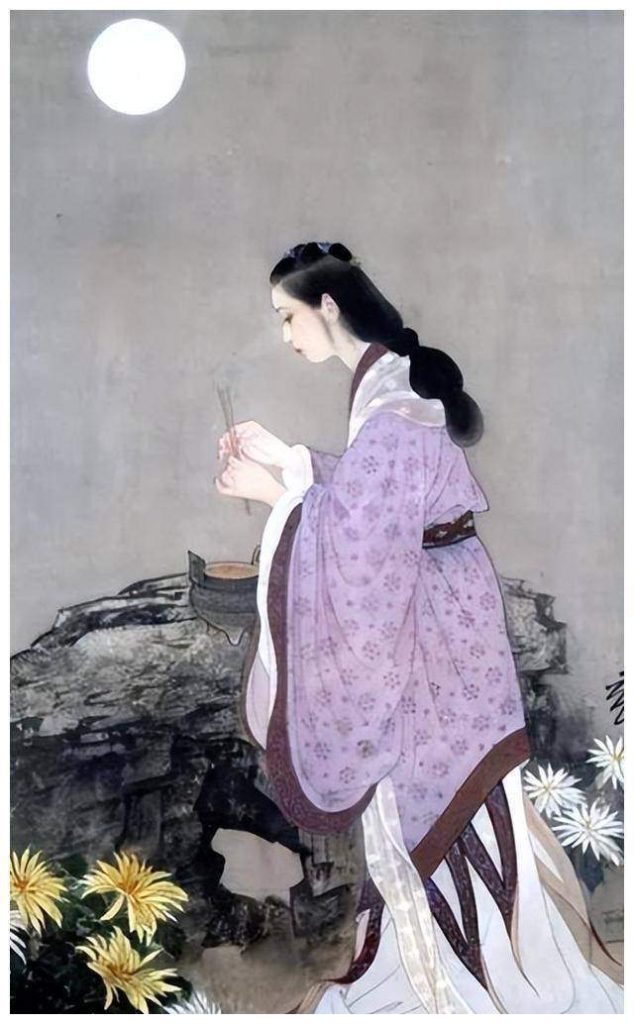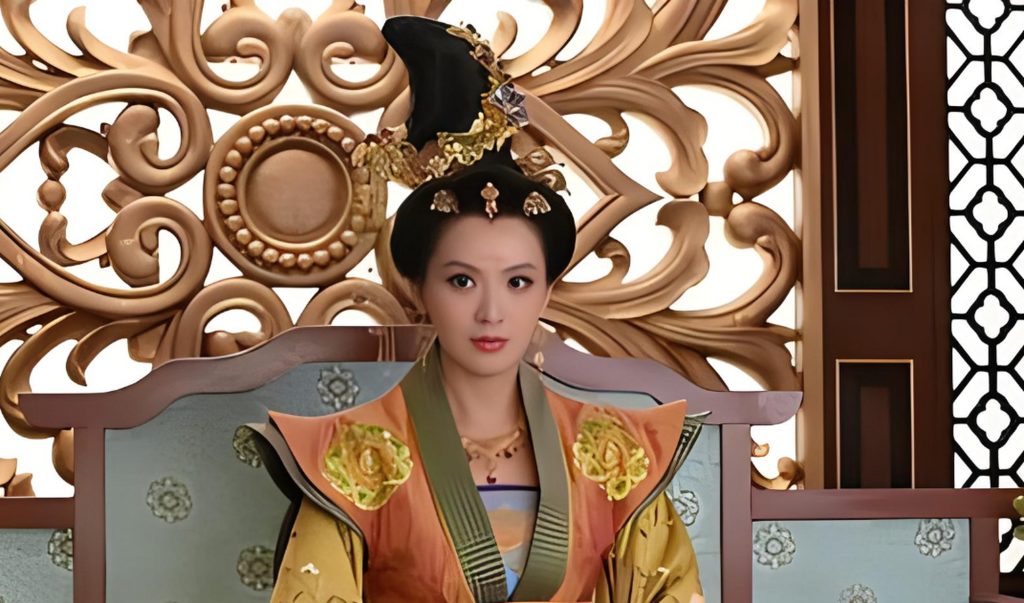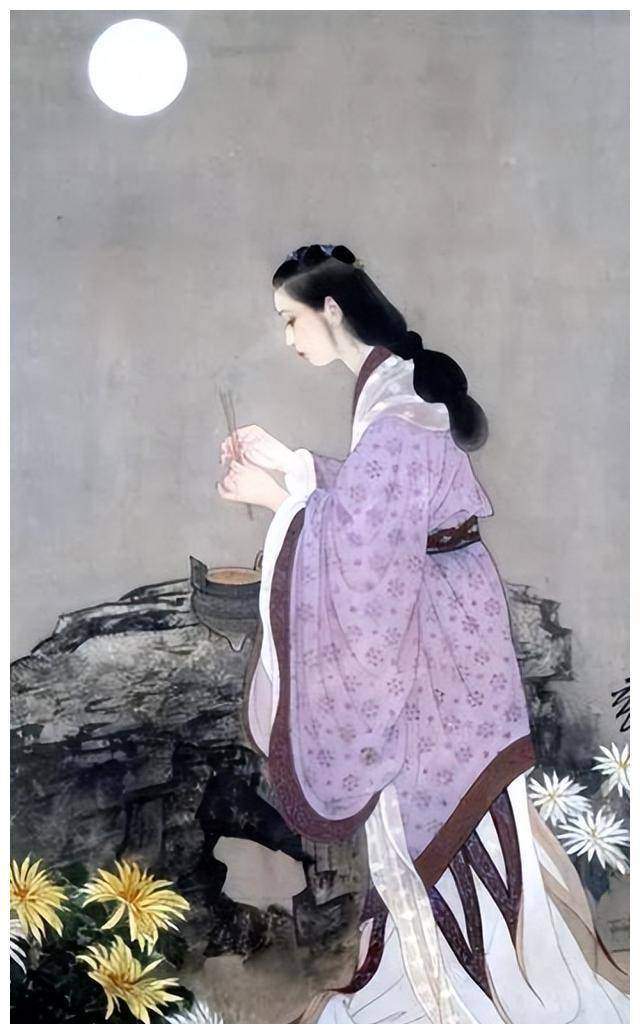Why couldn’t Zhu Wen unify the world? Zhu Wen defeated Liu Rengong and Li Keyong, annexed Hezhong, captured Jingxiang, and thus established the Later Liang. It can be seen that Zhu Wen’s strength was not weak at that time, but rather the strongest force. But Zhu Wen ultimately failed to achieve the feat of unification, mainly due to the continuous internal turmoil. Zhu Wen’s sons are unable to work together and have their own plans, so they naturally cannot exert their full efforts externally. And Zhu Wen ended up being brutally murdered by his parents, indicating that he was a great failure in dealing with family relationships.

1. Zhu Wen stands on his own feet
In the fourth year of Tianyou (907 AD), the last emperor in the history of the Tang Dynasty, Emperor Ai, abdicated the throne to Zhu Wen in front of everyone’s attention. From then on, the Tang Dynasty, which had lasted for 289 years, came to an end.
Subsequently, the first Central Plains dynasty of the Five Dynasties and Ten Kingdoms period came, namely the Later Liang. And the actual founder of this dynasty, Zhu Wen, thus became the founder of Later Liang in history.

However, Zhu Wen was not able to unify the world and establish a unified dynasty like Yang Jian or later Zhao Kuangyin. On the contrary, it triggered the split of the Five Dynasties and Ten Kingdoms.
The main reason why Zhu Wen was able to abolish the Tang Dynasty and establish himself was because he had already coerced the emperor to order the feudal lords. Since Zhu Wen surrendered to the court in the Huangchao Uprising, he has been accumulating strength and crazily building his own army.
Due to the military disadvantage of the court, faced with the rise of Zhu Wen, there was no choice but to repeatedly confer titles and titles in order to win him over.
This actually allowed him to gradually control the power of the court. Especially after the death of Emperor Xizong of Tang, the successor Emperor Zhaozong of Tang had become a puppet, which ultimately allowed Zhu Wen to fulfill his dream of becoming an emperor.
2. The world is in chaos
Zhu Wen reigned for a total of five years. During these five years, the advantages of Later Liang not only did not expand, but were also restrained, to the extent that even after his death, Zhu Wen was unable to resolve the conflict.
After Zhu Wen declared himself emperor, regions such as Lingnan and eastern Zhejiang chose to confer the title of Zhengshuo on the Later Liang. On the contrary, Hedong, Fengxiang, Xichuan, Huainan and other places adopted hostile measures against the Later Liang established by Zhu Wen.
This is also caused by the problems left behind after the An Lushan Rebellion.
The An Lushan Rebellion was caused by the military governors’ support for troops and their own dignity. Although the rebellion was eventually suppressed, the problem of fiefdoms did not solve and instead escalated. According to statistics, there were as many as 89 fiefdoms in the late Tang Dynasty.
This is mainly because after the An Lushan Rebellion began, the central government was completely unable to resist and could only force local officials to serve as kings and delegate power, allowing them to recruit troops independently. As a result, more military governors emerged.
These military governors, although not like the traditional independent small kingdoms, are actually quite similar and the court cannot control them at all. After Zhu Wen gained control of the imperial court, he did not gradually eliminate the other military governors. Although he continued to do so, he ultimately did not complete it.
Like Li Keyong and his son, the military governors of Hedong, who had long held power in Hedong and continued to fight against Zhu Wen, they became the biggest opponents in the competition for the world.
And in the Fengxiang and Longyou regions, there is another great warlord, Li Maozhen. He also led troops into Chang’an twice and bullied the Tang Emperor severely.
3. Brutally murdered by parents and children
Although Zhu Wen later declared himself emperor, these warlords were not easy to solve.
For the rear beam, the internal stability is also unstable.
Not long after the establishment of Later Liang, the Yiwu Jiedushi Wang Chuzhi, Chengde Jiedushi Wang Rong and others within the territory rebelled against Liang, which had a significant impact on Later Liang.
Later, the ruling level of Liang was also not peaceful. Since the founding of the country and proclaiming himself emperor, Zhu Wen has never appointed a crown prince. Mainly because he felt that his several sons were not capable of taking on great responsibilities, he decided to pass on the family business to his adopted son Zhu Youwen in order to maintain it.
After his own son Zhu Yougui found out, he was unwilling to give up the throne and immediately decided to rebel, killing his father and usurping the throne. Zhu Yougui entered the palace at night and killed Zhu Wen. Not long after, Zhu Yougui was overthrown by his younger brother Zhu Youzhen, and the Later Liang Dynasty gradually declined due to this internal turmoil and was soon destroyed.


